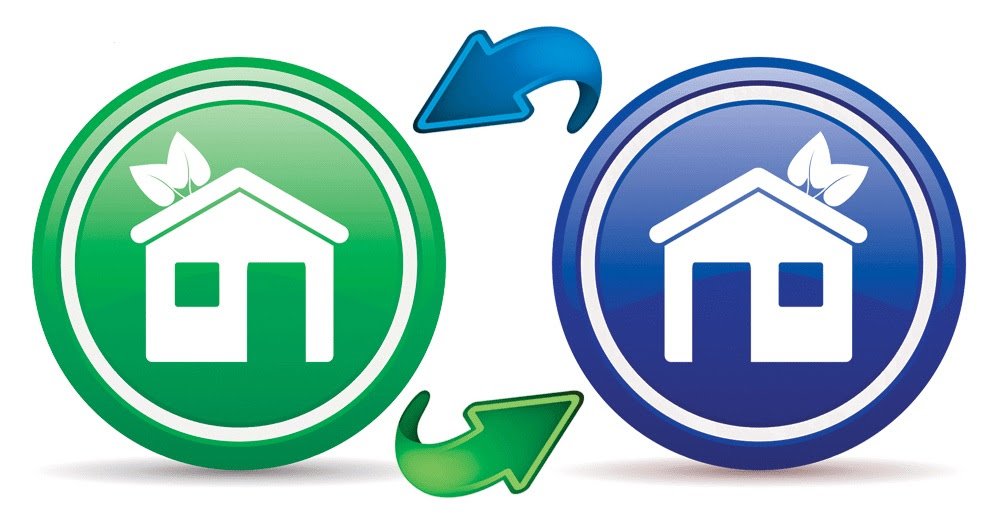Today’s topic is about taxes you may have to pay when you sell real estate.
I am not a tax adviser, accountant or attorney, and this is not financial or legal advice. You should consult with one of these professionals before you make any financial decisions.
What’s Taxable When You Sell Real Estate
When you sell a property, you need to pay taxes on the profit you make. The profit or gain is the difference between your sales price less the purchase price. You may deduct certain expenses related to the sale of the property, such as closing costs, as well as improvements.
The good news is that you can avoid or defer paying taxes on the gain. Here’s how …
Selling Your Primary Residence Is Often Tax Free
When you sell your home you probably don’t have to pay taxes. A gain of up to $500,000 is tax free for married couples filing a joint return as long as you lived in the property for 2 of the past 5 years. For single filers that amount is $250,000.
This is a good wealth building strategy if you don’t mind moving every 2 years. You could purchase a home for below market value, make improvements while you live in it, then sell it after 2 years for a tax-free profit.
I can help you find properties in fast appreciating areas, so you can maximize your tax-free gain.
What’s Taxable When You Sell Investment Real Estate
When you sell an investment property you generate 2 types of taxable income:
1. Capital Gains
Like with your personal residence the gain is the difference between the sale and the purchase price, less closing costs and improvements.
The Capital Gains Tax rate is 15% or 20% if you owned the property for at least a year. If you are flipping a property you owned for less than a year, the gain is taxed at your regular rate.
You will also owe the Net Investment Income Tax (NIIT) of 3.8%. This tax was created as part of Obamacare. It’s charged on your capital gains.
2. Depreciation Recapture
When you own investment property you depreciate its improved value (not the value of land) over 27.5 years if its residential or 39 years for commercial. Depreciation lowers your taxable rental income while you own the property.
When you sell your property, the amount you depreciated becomes taxable at a rate of up to 25%.
All together you may end up with a huge tax bill when you sell investment property.

How to Defer Taxes on Investment Properties?
You can defer all taxes with a 1031 like-kind Exchange. Here’s how it works …
When you sell your investment property all proceeds go to a qualified intermediary. You need to identify another property to buy within 45 days and purchase this property within 180 days using the funds held by the intermediary.
You exchange your original property for a new one.
All proceeds from the sale transfer into the new property, and you don’t owe any taxes (at least not until you sell the new property).
Your title company probably works with a 1031 intermediary like IPX1031 or Asset Preservation Inc. Check their websites to learn more about how exchanges work.
I hope you find this summary useful. This is NOT accounting, tax or legal advice! Talk to your accountant or your attorney before you make any financial decisions.
Call or text me TODAY at (614) 975-9650, I can help you find properties with great upside!

